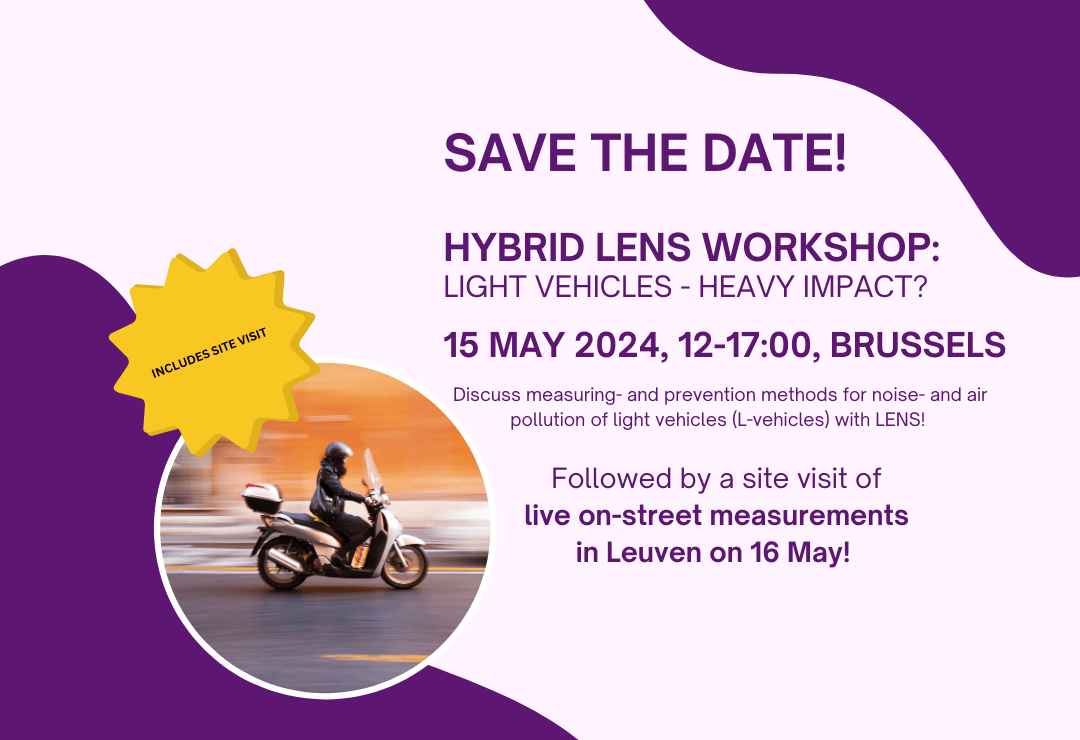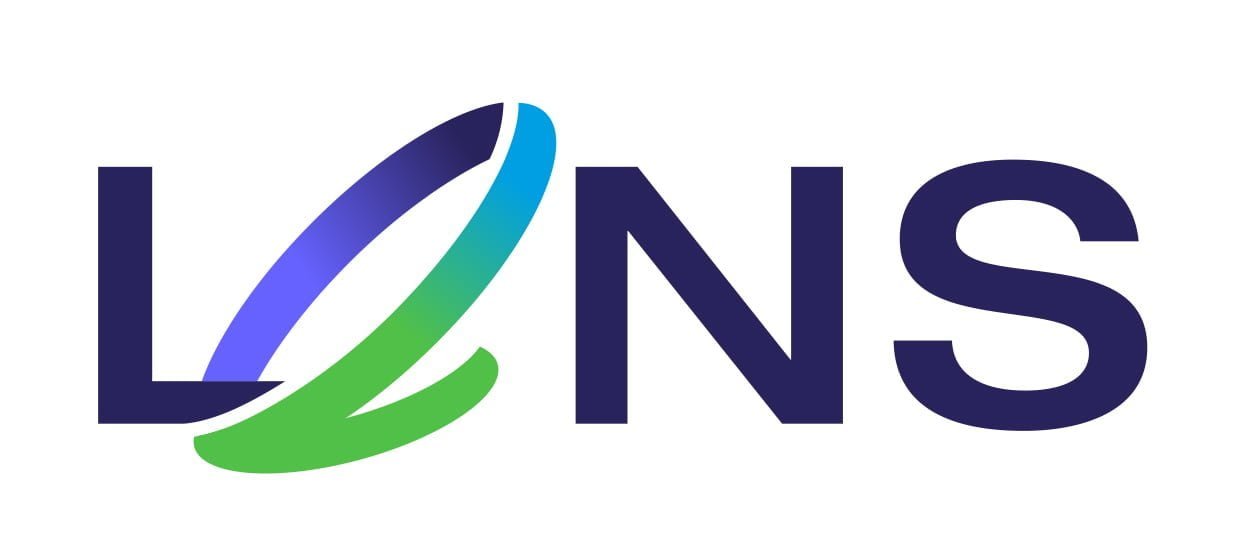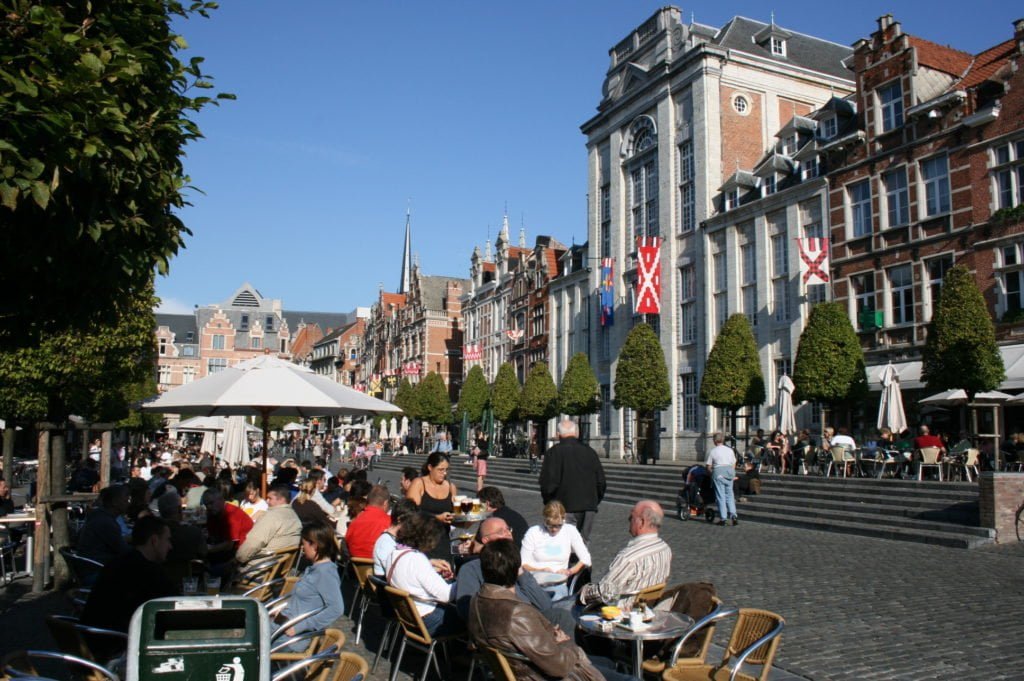LENS Workshop: Light vehicles - heavy impact?
City authorities are mobilising to combat noise and air pollution, but often overlook smaller vehicles. Enter the EU-funded LENS project, in partnership with POLIS, aiming to shift the focus.
City authorities across Europe are taking action to reduce the negative effects of noise and air pollution, usually focusing on the main polluters such as cars and heavy-duty vehicles. Unfortunately, other modes of transport, particularly light vehicles and two-wheeled vehicles, are often overlooked, either because they have little presence on the roads or because enforcement is limited. The EU-funded LENS project, in collaboration with the POLIS network, aims to change this paradigm. By developing state-of-the-art noise and air pollution test equipment and methods for live on-road testing in three different cities, including Leuven (BE), LENS aims to draw attention to the often-neglected impact of L-vehicles.
Stakeholders interested in this critical issue have the exclusive opportunity to participate in the upcoming hybrid LENS event on 15 May from 12:00 to 17:00 at POLIS Network. The event will be followed the next day by a visit to the live on-road tests in Leuven. The LENS project will cover the cost of the 30-minute return journey from Brussels to the test sites in Leuven.
Agenda
15 May 2024 - 12:00 to 17:00:
- Lunch break
- Introduction to the LENS project
- Overview of policy framework and initiatives to reduce noise and air pollution
- Presentation of the Leuven pilot and other LENS pilots
- Presentation of L-vehicle test equipment
- Open discussion with stakeholders
16 May 2024 - 9:00 to 12:00:
- Joint train ride from Brussels Central Station to Leuven Central Station
- Walking tour of on-road measurement sites
- Visit of live measurement of L-Vehicles
- Return by train to Brussels
Challenges of pollution from light-duty vehicles:
EU regulations have often prioritised passenger cars and trucks, to the detriment of smaller light commercial vehicles (LCVs), particularly in southern Europe. To make matters worse, the illegal practice of modifying engines or exhaust systems, known as 'tampering', poses a significant threat in terms of noise and air pollution from manipulated vehicles, which often escape detection during routine police checks. Another obstacle is the lack of equipment for real-world testing.
Thus, the LENS project will:
- respond to these challenges by formulating a robust test protocol and equipment, derived from laboratory tests on various L-vehicles. This specialised equipment will be used in the above-mentioned on-road tests in Leuven and two other pilot locations.
- apply techniques to monitor the noise and emissions of LVs, make recommendations on how to control the contribution of current and future LVs, examine the emissions and noise performance under real driving conditions and apply methods to identify manipulated vehicles.
- carry out a detailed emissions and noise characterisation of 150 vehicles, both in the laboratory and on the road. The results will help to refine emission factors and assessment tools used in air and noise pollution assessments, providing insights for policy makers, cities and authorities. The research will inform various policy options, including improvements to type-approval test procedures.



